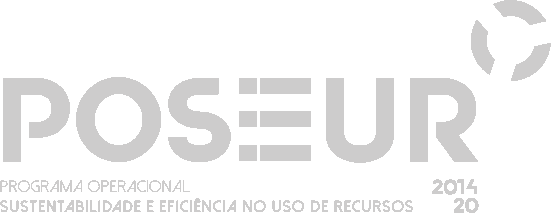The Nursing School of Coimbra (ESEnfC) is leading an international project to improve nursing students’ skills in prevention and control of healthcare-associated infections (HAIs) and antimicrobial stewardship in Asian higher education institutions.
Co-funded by European Union funds (about 905,000 EUR), under the Erasmus+ Program, the project has six partner institutions: ESEnfC (the coordinator), International University and Bolyno Institute (Cambodia), Nam Dinh University of Nursing, Hai Duong Medical Technical University (Vietnam), and Savonia University of Applied Sciences (Finland), which have accumulated experience in simulation-based nursing education, specifically in the creation of pedagogical materials in this area of intervention.
According to ESEnfC Professor João Graveto, who is the coordinator of the project Capacitating Asia's Nursing Students on Innovative and Sustainable Prevention and Control of Healthcare-associated Infections [PrevInf], “adding value to the nursing and health curricula (undergraduate and master's degrees) in Asian universities by developing innovative educational methods and specific pedagogical materials for infection prevention and control” is one of the objectives of this project, which will last until January 2024. Some of the project outputs include a pedagogical model, simulation scenarios, a validated scale to assess students’ perception of the teaching-learning process in this area, an e-Book, an interactive website, and several scientific publications.
For Professor João Graveto, “there will be an active involvement of students” from those universities, “as well as the entire educational community, in the improvement and creation of new indicators” in countries whose “incidence of HAIs, or infections acquired in health institutions, is significantly higher” than in European countries.
And “this reality is aggravated by the increased vulnerability” of the populations to “air pollution in these countries”, adds the ESEnfC Professor, noting that this situation entails “specific health needs” of the population, for example, in Cambodia.
On the other hand, antimicrobial resistance is also a threat to the health of the world’s population. As the World Health Organization revealed in 2019, “if no additional action is taken”, this problem “is projected to cause up to 10 million deaths a year by 2050”, and “4.5 million of those lives lost would be in the Asia Pacific region” (report from the Regional Office for Western Pacific).
The coordinating team of the project Capacitating Asia's Nursing Students on Innovative and Sustainable Prevention and Control of Healthcare-associated Infections [PrevInf] is composed of João Graveto, Pedro Parreira, Anabela Salgueiro-Oliveira, Lurdes Lomba, Paulo Santos-Costa, and Beatriz Serambeque.
Out of 1,005 consortia of universities that applied to the Erasmus+ Program in 2020 under the key action Cooperation for innovation and the exchange of good practices - Capacity building in the field of higher education, this project was one of the 164 projects (16% of all applicants) that have been selected and funded.
The kick-off meeting of the PrevInf project, with the official participation of all partners/universities of the consortium, takes place online on February 3-5.
[2021-02-02]













